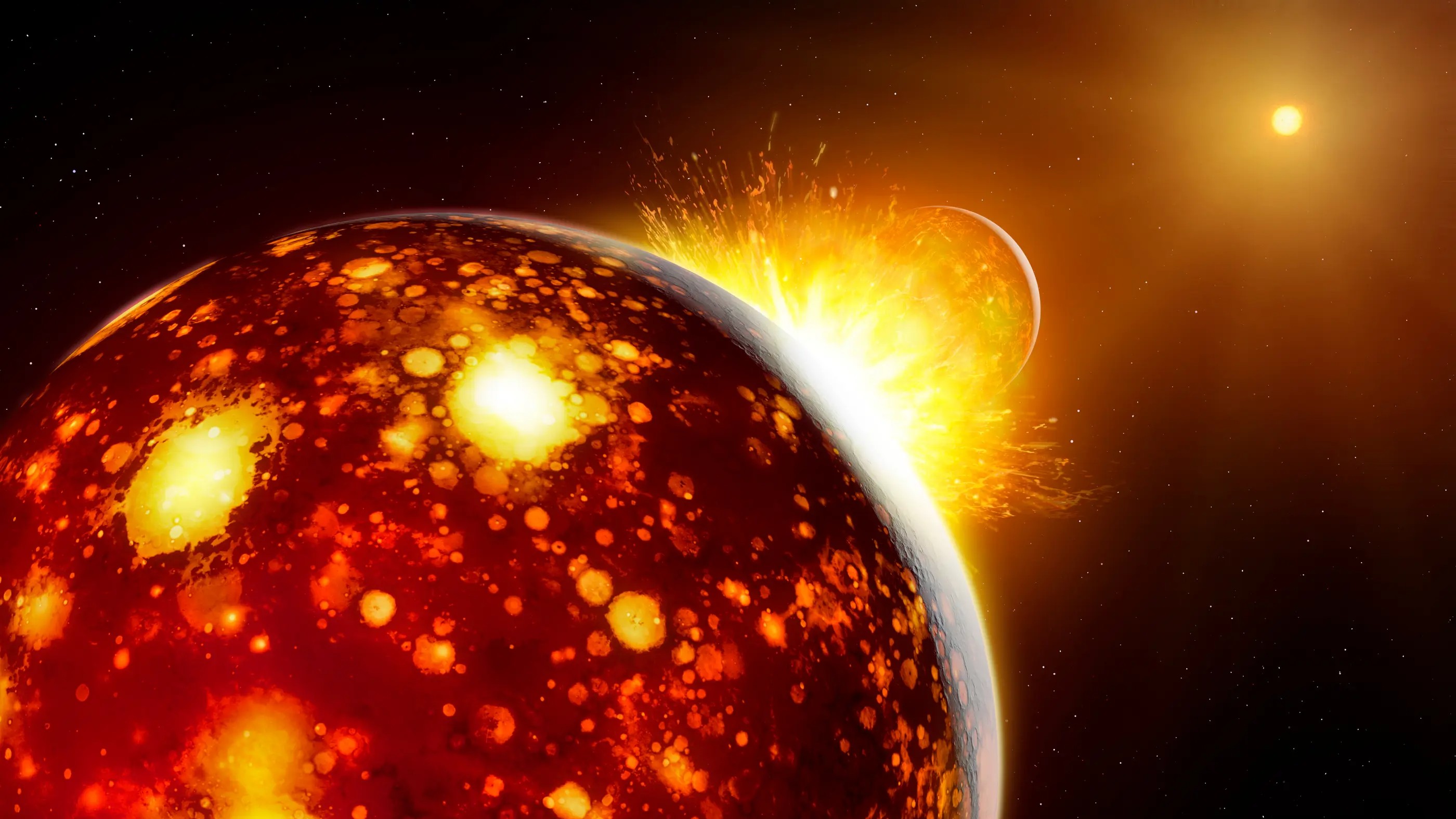Why We Itch

Itchy skin fires up nerves and drives sufferers to scratch themselves raw, some even in their sleep. But the mechanisms behind aggravating itches are not entirely understood, and a new finding makes the whole problem seem even more complex.
One of the worst culprits of itching is dermatitis, a skin condition caused by anything from laundry detergent to gold that can irritate the skin. In the United States, 6.4 million people with dermatitis scratch their way to the dermatologist's office each year, according to a National Ambulatory Medical Care Survey.
"Quality of life is decreased by itch to the same degree as it is by pain," said Martin Schmelz, a neurophysiologist at the University of Mannheim in Germany. "However, patients will receive more empathy when suffering from pain as compared to itch."
The nerve!
Nerves send us the nasty, prickly feelings. While some nerve fibers focus on feeling pain and touch, we have others dedicated to the itch sensation.
- Zit Myths Cleared Up
- How Planes Fly
- How People Walk on Fire
- Bad Breath: Causes and Cures
- The Real Scoop on Rumors and Gossip
- How Cacti Survive: Surprising Strategies Quench Thirst
Histamine, a protein released during an allergic reaction, commands some of our itch nerves to transmit information to the spinal cord where it is processed and zipped off to the brain. The sites activated in the brain when we itch are very similar to those switched on when we're in pain. Antihistamine drugs work by disabling the protein's signaling powers.
However, histamines aren't the only chemicals in the body that cause annoying tingles.
Get the world’s most fascinating discoveries delivered straight to your inbox.
Fibers sensitive to itch were first discovered almost a decade ago by Schmelz. Recently, he's found the existence of new fibers that stimulate itchy feelings in a different way than the histamine-sensitive nerves he previously identified.
"It is evident that there are more than just one type of nerve fiber involved in the itch sensation," Schmelz said. "A lot of information has been generated related to histamine-sensitive itch fibers and currently new types of itch fibers are being investigated, which might help to explain the chronic itch condition more completely."
Along with several other itch researchers, Schmelz presented his findings at the Third International Workshop for the Study of Itch in Germany. The meeting's notes are published in the September issue of the Journal of Investigative Dermatology.
Behind the itch
Itch is an unfortunate symptom of many conditions. Reactions from exposure to plants, animals and metals flare up the creepy crawlies. Weather plays a part too, along with bacteria, disease and parasites. Stress can also aggravate itching.
Here's a sample of things that make us itch:
- Mosquitoes, mites, snails, lice
- Poison ivy, poison oak, cowhage, stinging nettle
- Dry skin
- Jewelry
- Herpes
- Stress and anxiety
- Staph infections
- Psoriasis
- Sunburn
- Soaps and frequent hand washing
According to the American Medical Association, soaps are often overused. "Often, extremely mild cleansing lotions or water alone is sufficient to keep most of the skin adequately clean," the group states.
Scratching the surface
In 1660, Samuel Hafenreffer proposed the first definition of the itching symptom, as "an unpleasant desire to scratch."
Scratching the skin serves as a quick fix or may just add to one's misery. Severe clawing can even cause bleeding and infection.
"In some chronic skin conditions associated with itch, such as atopic dermatitis, (eczema), the patient may scratch while sleeping," said neuroscientist Earl Carstens of the University of California at Davis.
So why does scratching feel so good? Carstens said scratching might turn on nerves that stimulate pleasure systems in the brain.
